EU policymakers are scrambling to limit the impact of soaring energy prices on consumers and businesses. Gas prices, which set the price of electricity in the EU, surged 30% at the start of the week as Russia halted supplies through the Nord Stream 1 pipeline. Prices peaked at 10 times more than last year. The move has further elevated fears of energy rationing across member states and the potential for a recession.
As Anne Finnegan reports this week, Moscow has confirmed that gas supplies to Europe will not resume in full until the collective west lifts sanctions against Russia over its invasion of Ukraine. In response, the EU has accused Putin of weaponising energy supplies. European Commission president Ursula von der Leyen said this week that “Putin is using energy as a weapon by cutting supply and manipulating our energy markets”.
But to simply lay blame for an energy crisis that is forcing many EU consumers into energy poverty and threatening the economic viability of businesses solely at the doorstep of Moscow is a gross oversimplification. While Putin has undoubtedly weaponised energy supplies, it was the EU’s flawed policy on energy that failed to recognise the threat of undermining energy sovereignty that provided him with the ammunition necessary to go into battle.
Energy imports
Over the last decade, Eurostat figures show a reduction in domestic energy production resulted in over 61% of EU energy needs now being met from outside of the EU. This reflects a policy of winding down domestic fossil fuel-based energy production – in the absence of building the necessary renewable capacity – simply to rely on fossil fuel-based energy imports in the form of coal, crude oil and natural gas – 40% of which was sourced from Russia.
EU policymakers cannot be allowed to shirk the role they have played in creating this energy crisis. To ensure lessons are learned, it must be acknowledged that policy measures which gave Russia, now recognised as a rogue state, such influence over the EU economy and the livelihood of its citizens was reckless.
Unfortunately when we look at the direction of travel with regard to EU food production, it is clear that within Brussels these lessons have either not been recognised or are being ignored.
Food production
Of course, a volatile energy market has a direct impact on food production given the influence on both the price and availability of chemical nitrogen. This year, farmers were left exposed to a 300% increase in fertiliser prices and there are growing fears around fertiliser availability for next year. The impact of a lack of chemical fertiliser within Europe on domestic food prices and global food security should not be under estimated.
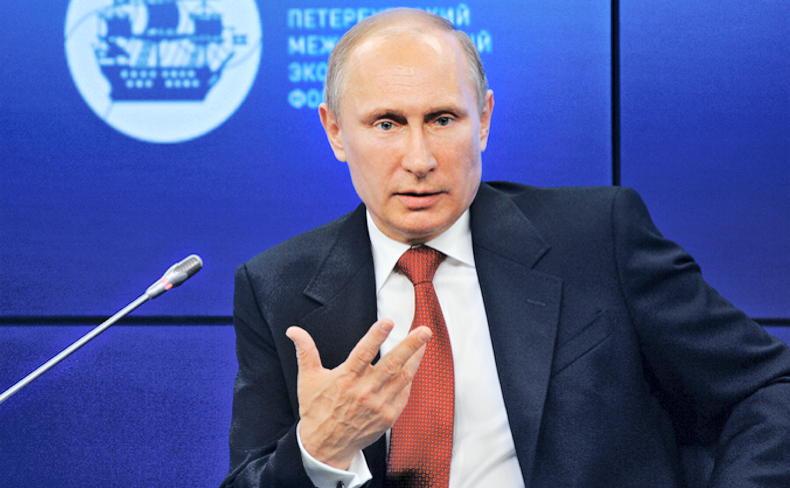
Russia president Vladimir Putin
Despite this backdrop, EU policymakers and states are pushing ahead with the rollout of a Common Agricultural Policy (CAP) which had its foundations laid in the relative normality of 2018. To do so will dramatically reduce the level of direct income support to food producers at a time when the financial risk has never been greater. It is part of an overall policy agenda within the EU that has been shown to reduce EU food production and increase prices.
When stripped back, there is a common thread running through EU policy on energy and food – a preparedness to sacrifice domestic production to meet climate change targets only to offshore emissions and become increasingly reliant on imports.
Failed policy
EU consumers and businesses are currently facing the full force of an energy policy that failed because of singular focus on transitioning from domestic fossil fuel-based energy production in a bid to reduce territorial emissions.
The fact that the outcome of such a policy was to simply offshore production and drastically reduce energy security was conveniently ignored – until now. The end result has delivered little in the way of environmental gain while exposing the EU to the tactical manoeuvres of Putin and Russia.
If the current direction of travel in relation to food policy continues, one where food security within the CAP is being sacrificed in total pursuit of achieving a flawed territorial-based emissions target, it will be a case of when and not if we see a major shock to both the price and availability of food within the EU – at a scale similar to what is currently playing out in the energy market.
Member states are now facing a multibillion price tag for having sacrificed energy sovereignty.
The price tag and social impact of undermining food sovereignty will be even higher if lessons are not learned.
EU policymakers are scrambling to limit the impact of soaring energy prices on consumers and businesses. Gas prices, which set the price of electricity in the EU, surged 30% at the start of the week as Russia halted supplies through the Nord Stream 1 pipeline. Prices peaked at 10 times more than last year. The move has further elevated fears of energy rationing across member states and the potential for a recession.
As Anne Finnegan reports this week, Moscow has confirmed that gas supplies to Europe will not resume in full until the collective west lifts sanctions against Russia over its invasion of Ukraine. In response, the EU has accused Putin of weaponising energy supplies. European Commission president Ursula von der Leyen said this week that “Putin is using energy as a weapon by cutting supply and manipulating our energy markets”.
But to simply lay blame for an energy crisis that is forcing many EU consumers into energy poverty and threatening the economic viability of businesses solely at the doorstep of Moscow is a gross oversimplification. While Putin has undoubtedly weaponised energy supplies, it was the EU’s flawed policy on energy that failed to recognise the threat of undermining energy sovereignty that provided him with the ammunition necessary to go into battle.
Energy imports
Over the last decade, Eurostat figures show a reduction in domestic energy production resulted in over 61% of EU energy needs now being met from outside of the EU. This reflects a policy of winding down domestic fossil fuel-based energy production – in the absence of building the necessary renewable capacity – simply to rely on fossil fuel-based energy imports in the form of coal, crude oil and natural gas – 40% of which was sourced from Russia.
EU policymakers cannot be allowed to shirk the role they have played in creating this energy crisis. To ensure lessons are learned, it must be acknowledged that policy measures which gave Russia, now recognised as a rogue state, such influence over the EU economy and the livelihood of its citizens was reckless.
Unfortunately when we look at the direction of travel with regard to EU food production, it is clear that within Brussels these lessons have either not been recognised or are being ignored.
Food production
Of course, a volatile energy market has a direct impact on food production given the influence on both the price and availability of chemical nitrogen. This year, farmers were left exposed to a 300% increase in fertiliser prices and there are growing fears around fertiliser availability for next year. The impact of a lack of chemical fertiliser within Europe on domestic food prices and global food security should not be under estimated.

Russia president Vladimir Putin
Despite this backdrop, EU policymakers and states are pushing ahead with the rollout of a Common Agricultural Policy (CAP) which had its foundations laid in the relative normality of 2018. To do so will dramatically reduce the level of direct income support to food producers at a time when the financial risk has never been greater. It is part of an overall policy agenda within the EU that has been shown to reduce EU food production and increase prices.
When stripped back, there is a common thread running through EU policy on energy and food – a preparedness to sacrifice domestic production to meet climate change targets only to offshore emissions and become increasingly reliant on imports.
Failed policy
EU consumers and businesses are currently facing the full force of an energy policy that failed because of singular focus on transitioning from domestic fossil fuel-based energy production in a bid to reduce territorial emissions.
The fact that the outcome of such a policy was to simply offshore production and drastically reduce energy security was conveniently ignored – until now. The end result has delivered little in the way of environmental gain while exposing the EU to the tactical manoeuvres of Putin and Russia.
If the current direction of travel in relation to food policy continues, one where food security within the CAP is being sacrificed in total pursuit of achieving a flawed territorial-based emissions target, it will be a case of when and not if we see a major shock to both the price and availability of food within the EU – at a scale similar to what is currently playing out in the energy market.
Member states are now facing a multibillion price tag for having sacrificed energy sovereignty.
The price tag and social impact of undermining food sovereignty will be even higher if lessons are not learned.







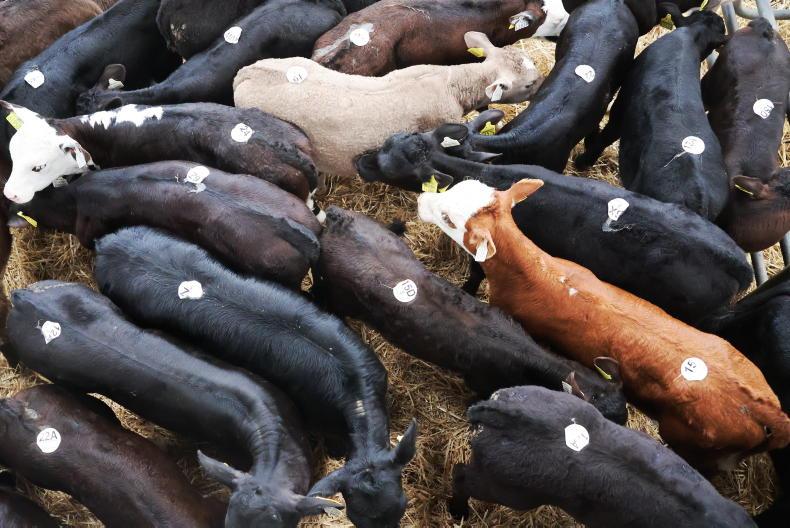

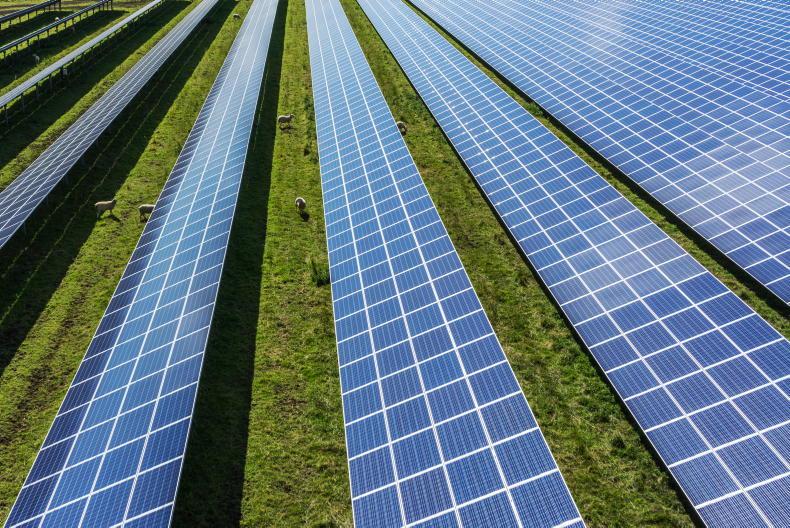
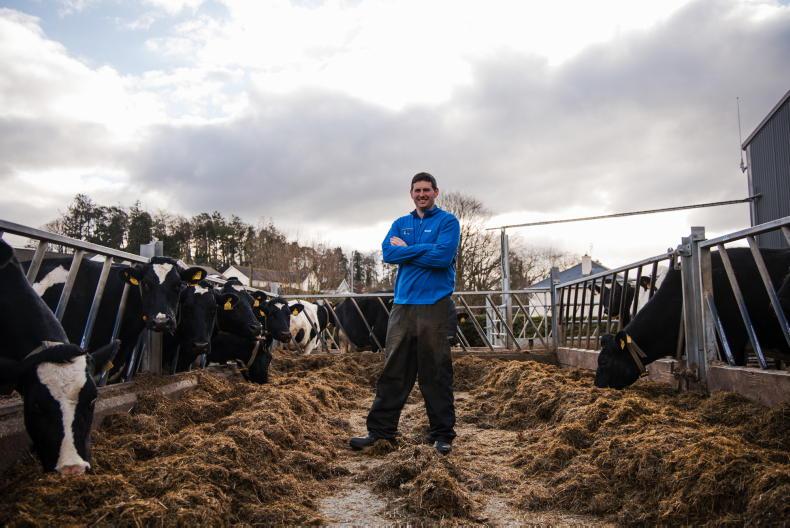
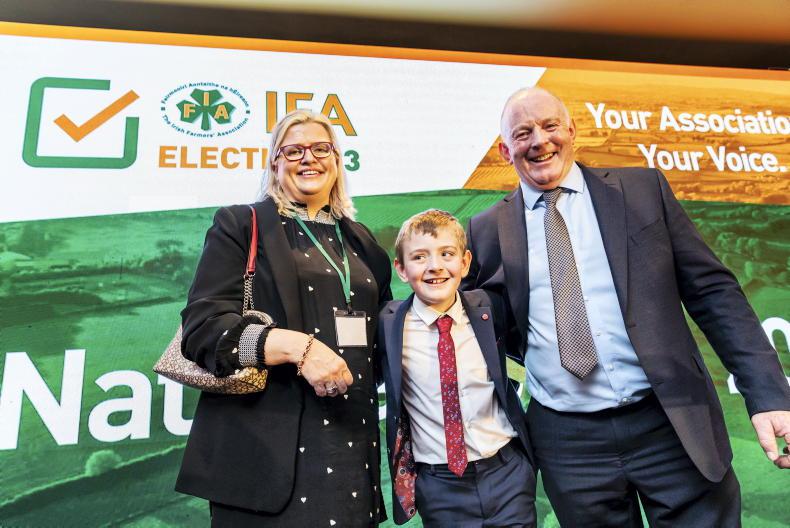
SHARING OPTIONS